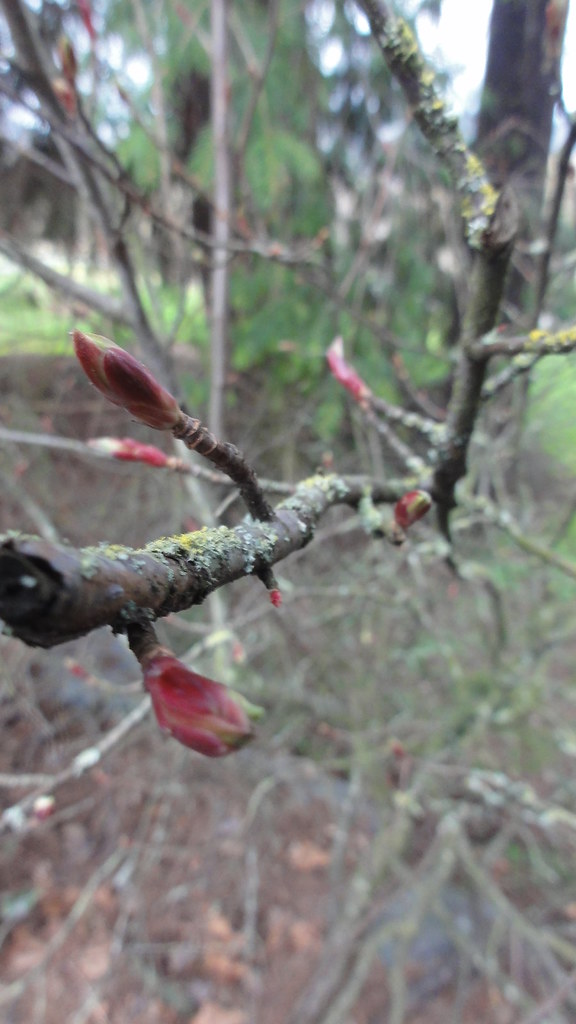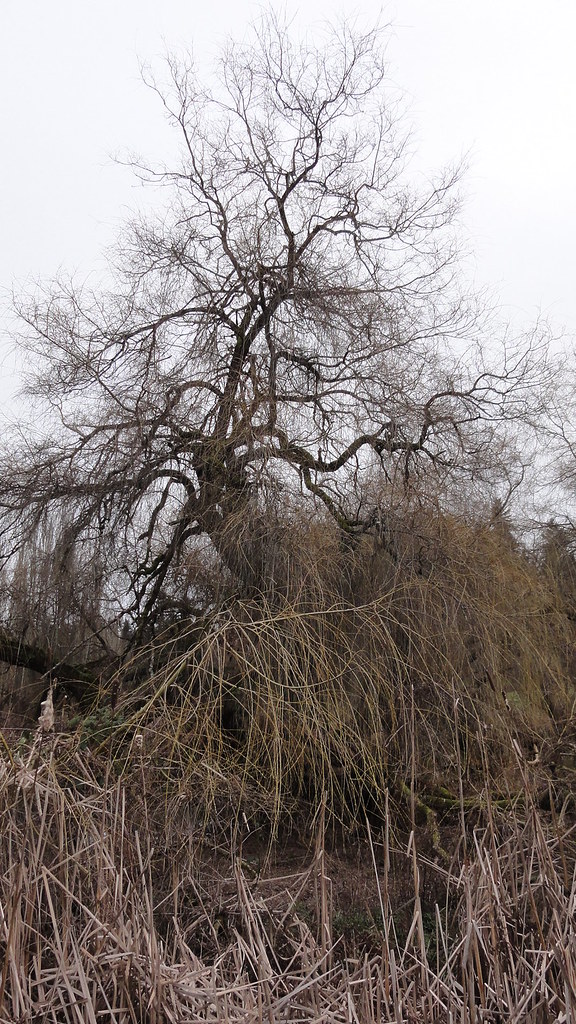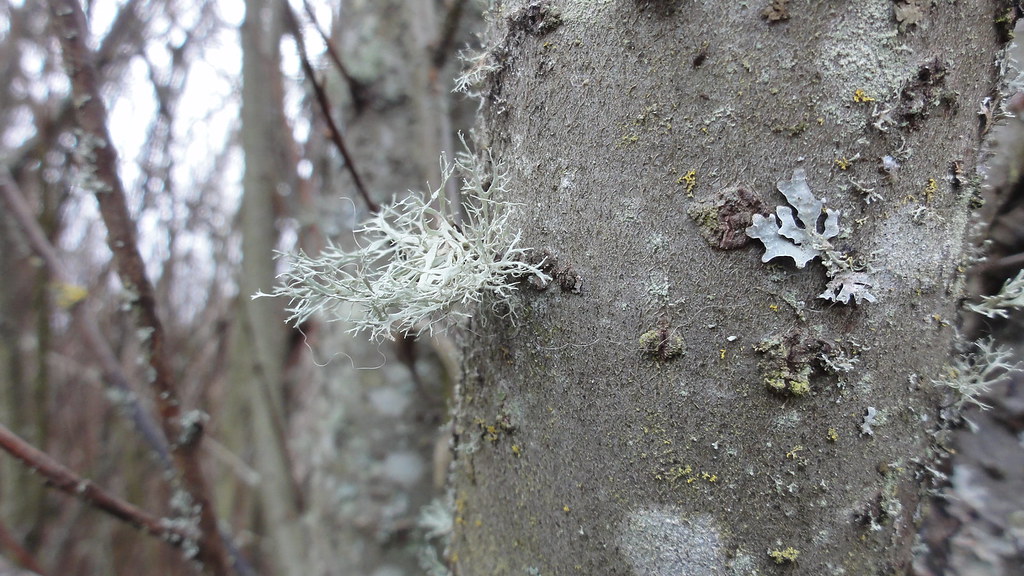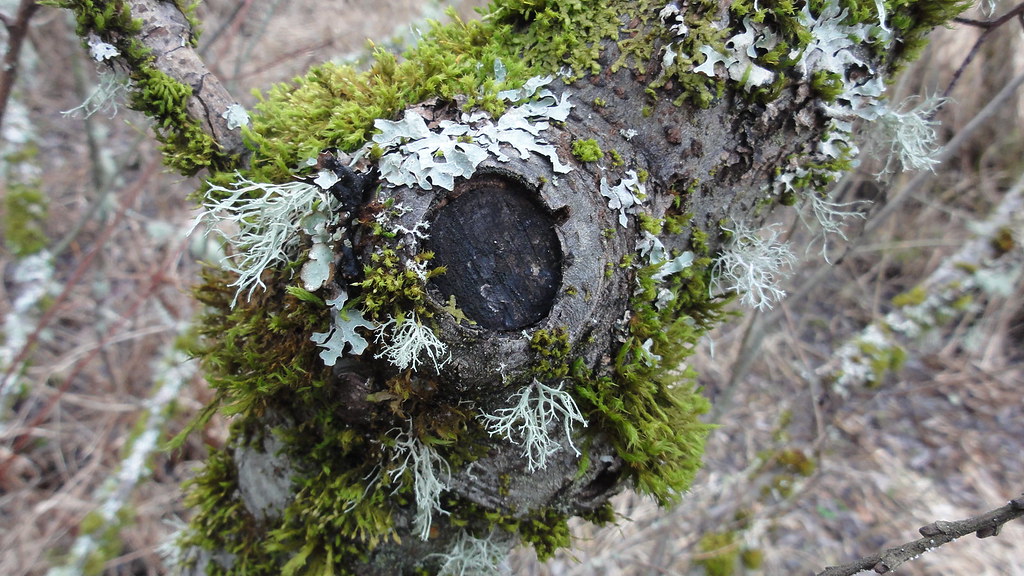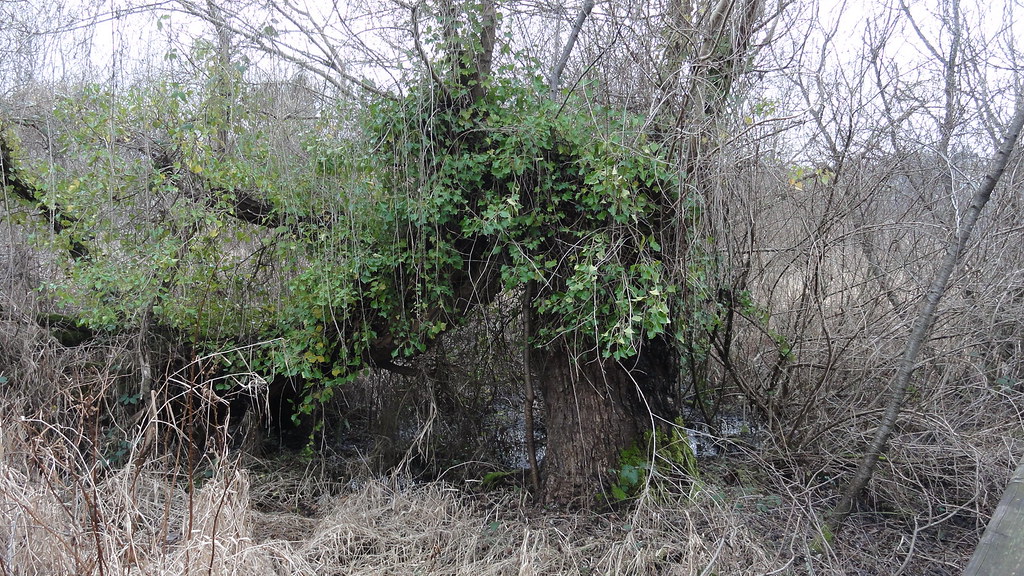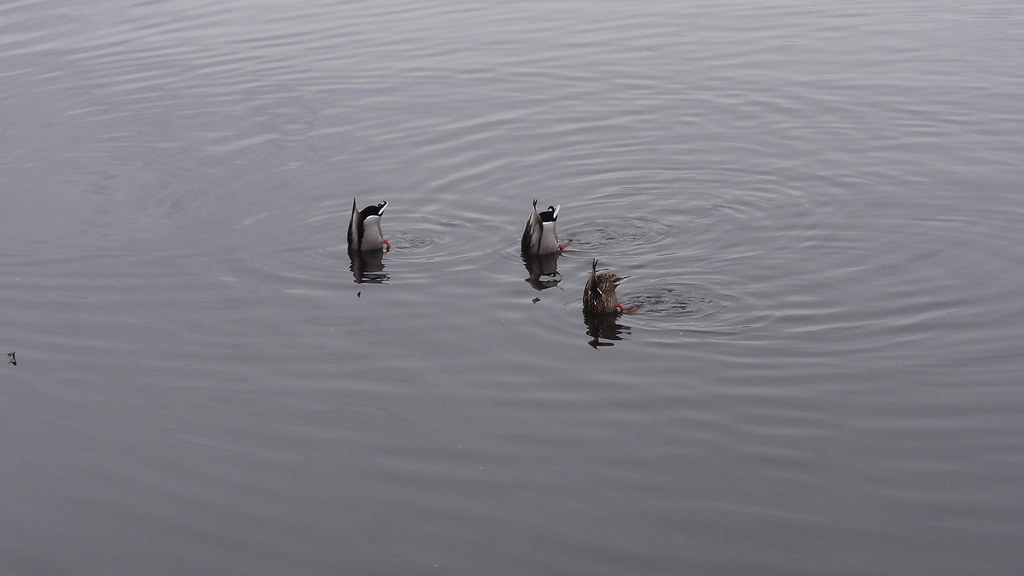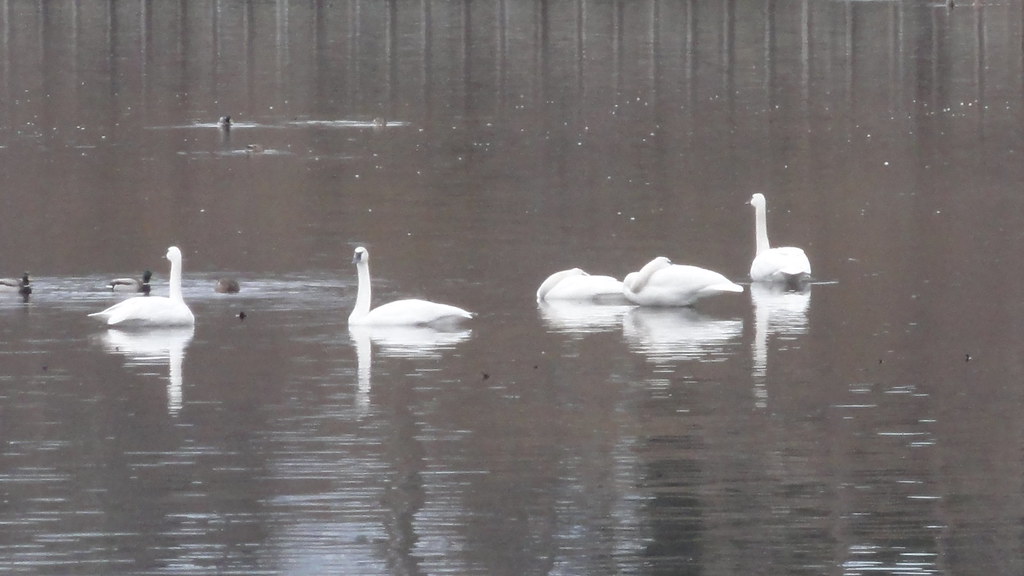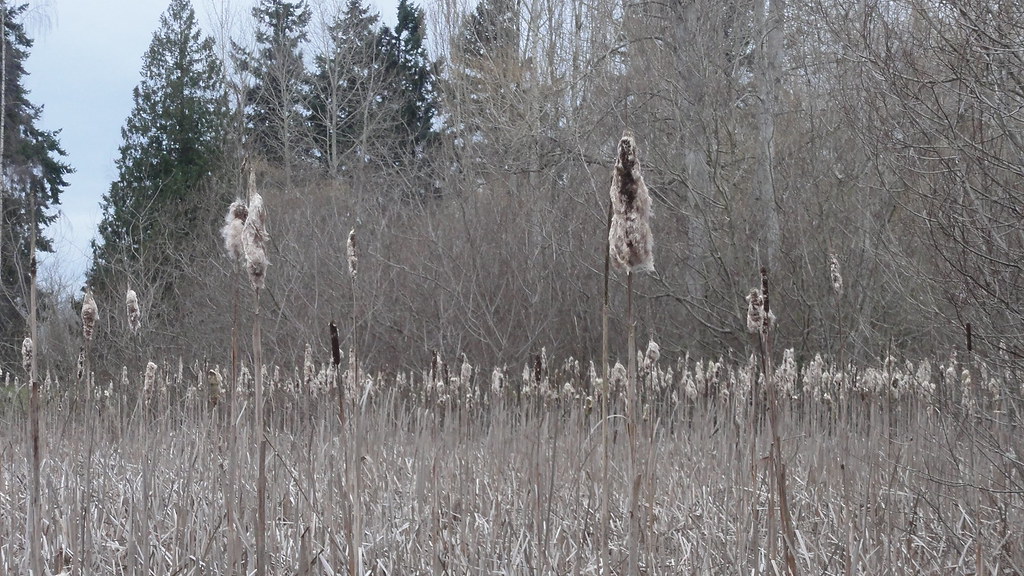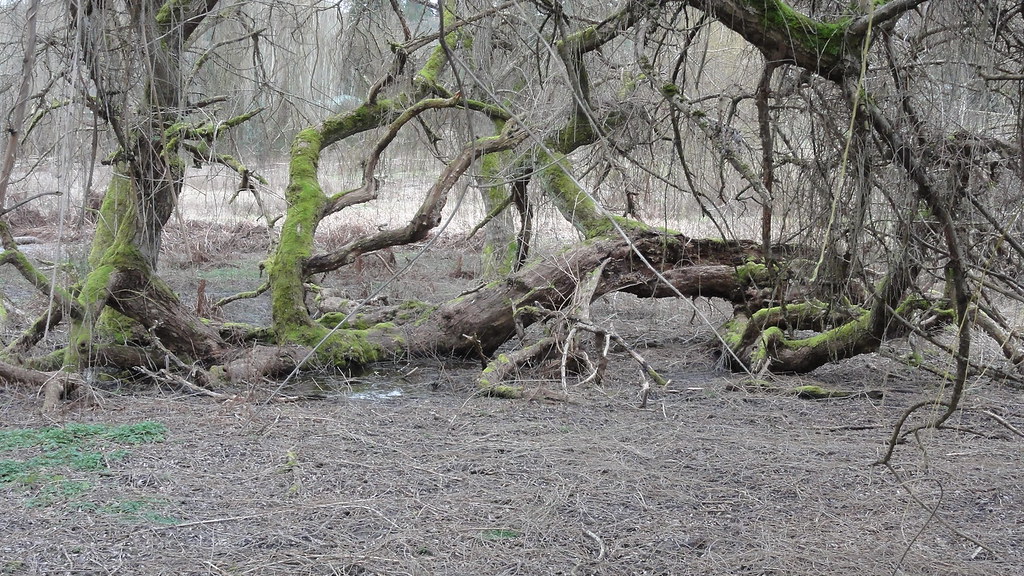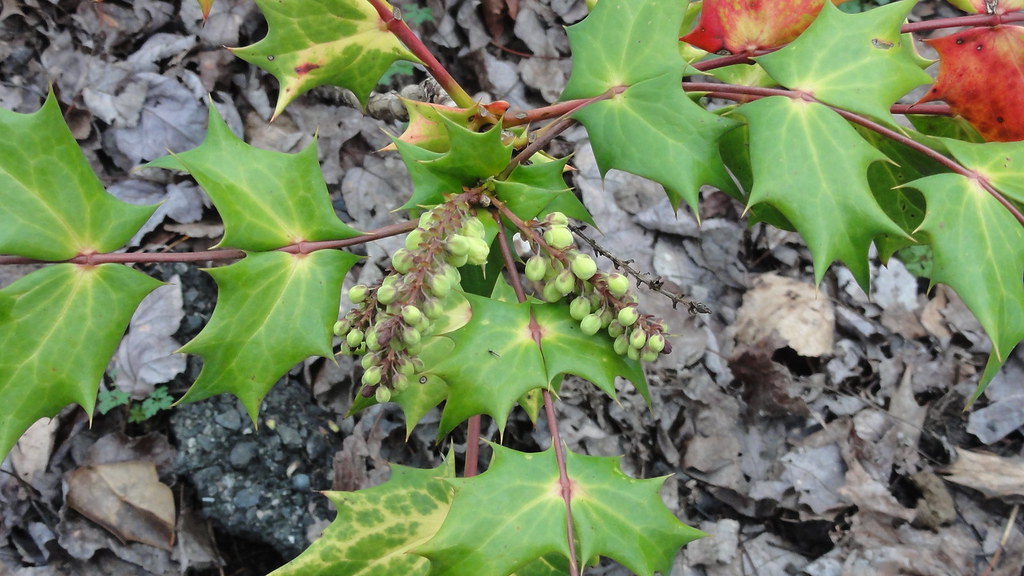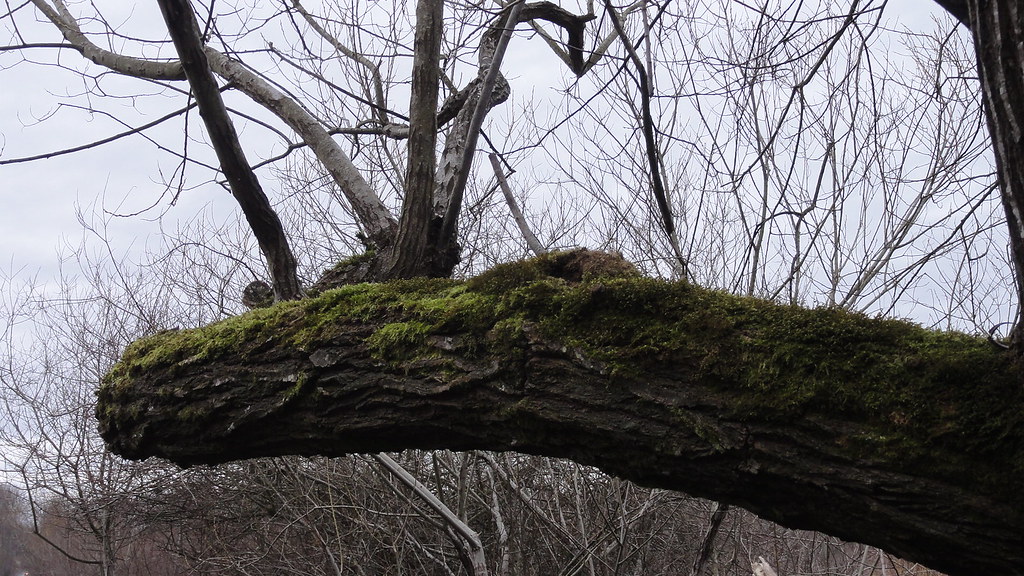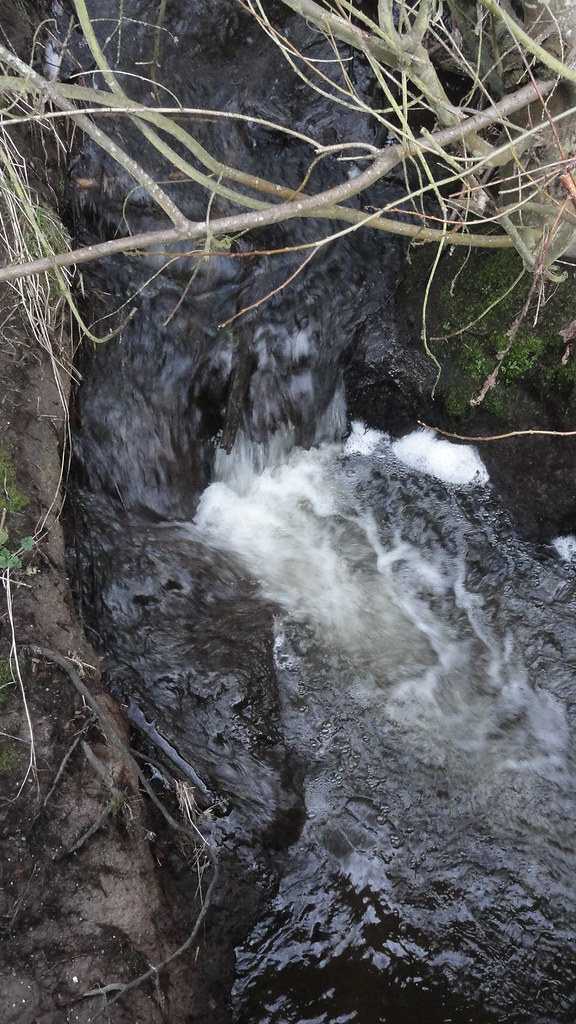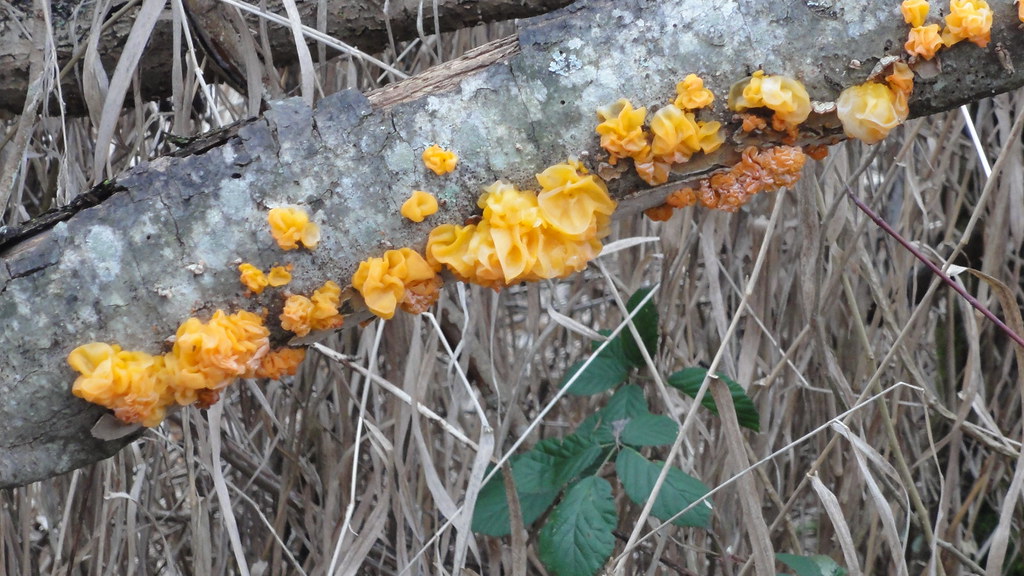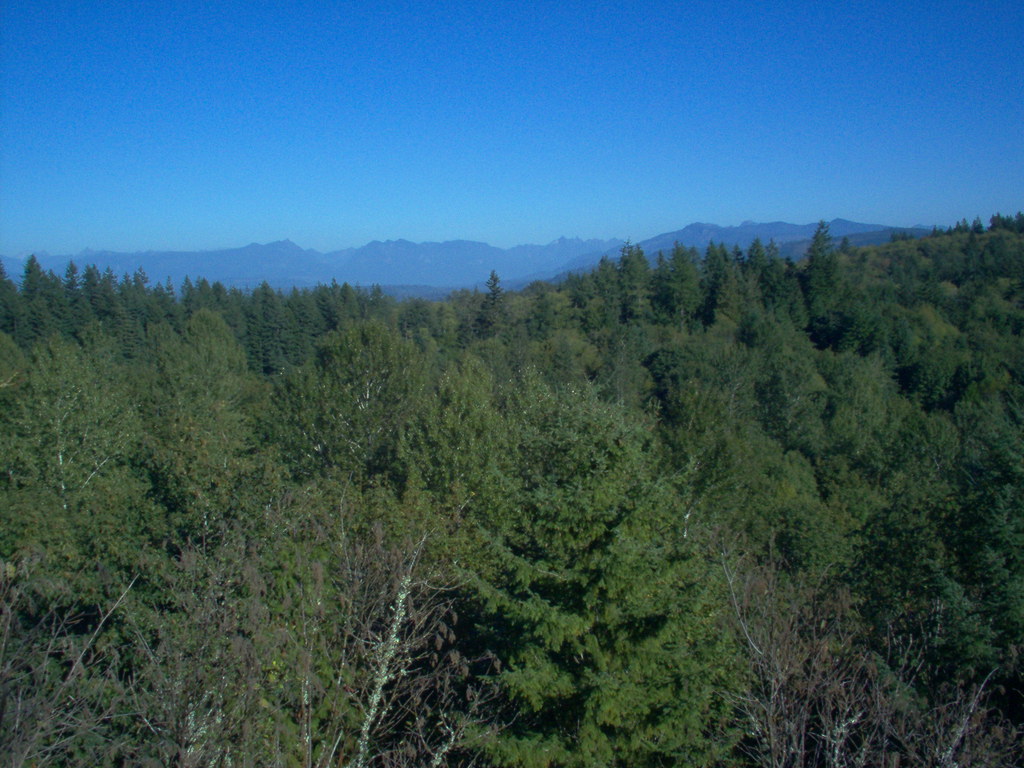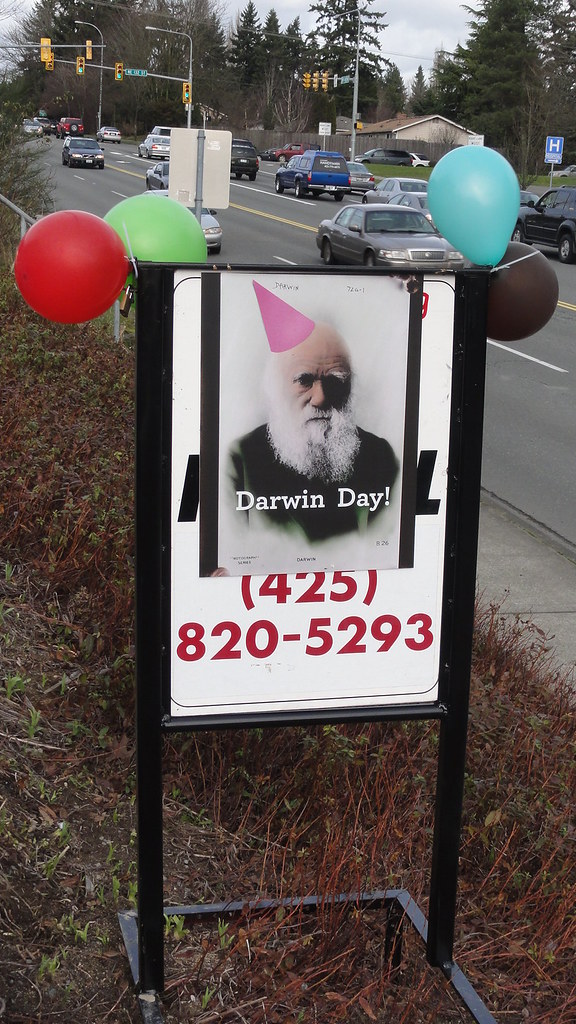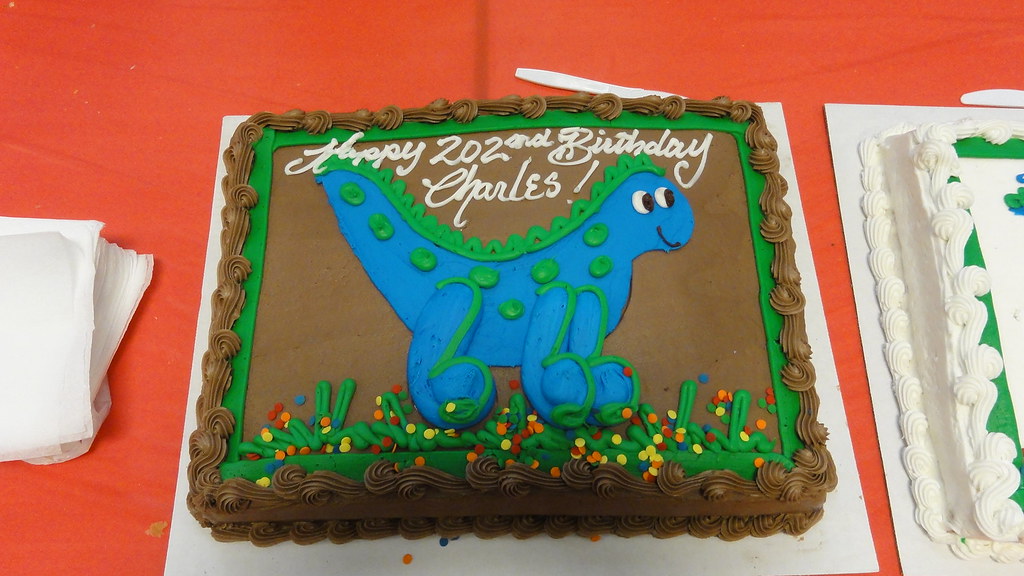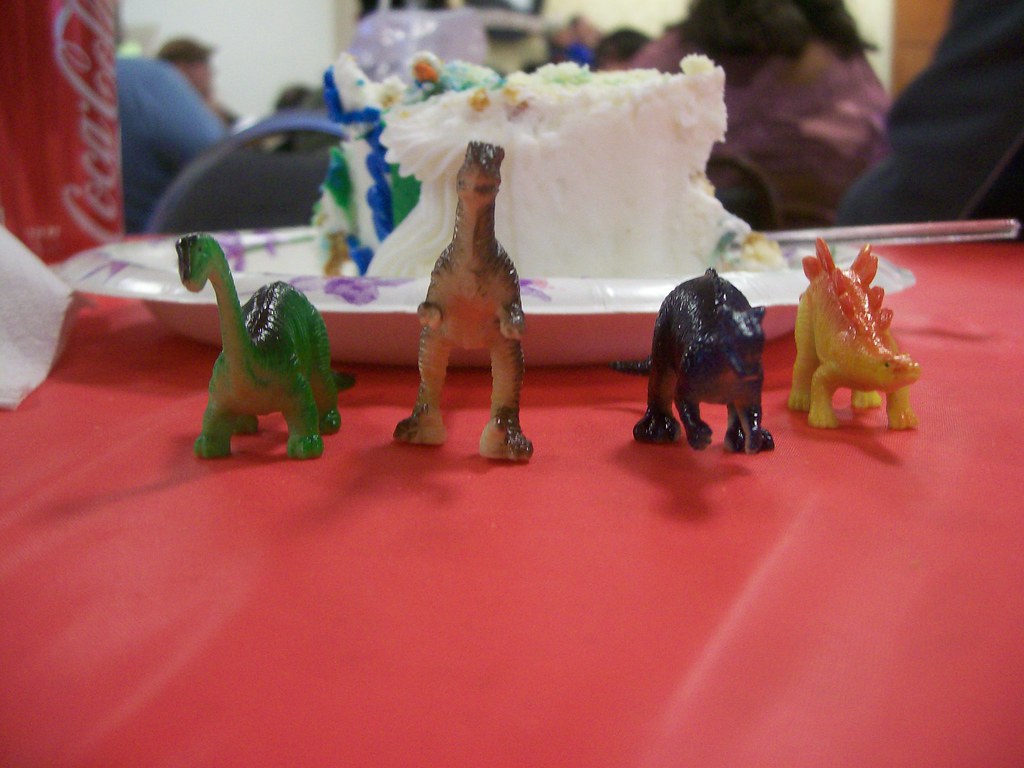Today in the Dojo: How do you “show” emotion”?
An emotion is suggested and demolished in one glance by certain words.
-Robert Smithson
You would think that something as emotional as… emotion… would be easy to show. And it is, until you actually get down to showing it. Adjectives and nouns parade their wares, promising you how easy it would be to just use one of them instead of reaching for examples. Why waste all those words describing somebody’s emotional state when there’s an easy shorthand? If a character is angry, why not just say so?
Impact.
Allow me to demonstrate:
Dana was getting really irritated with the web page she was designing.
vs
Dana’s hands darted toward the computer as if to strangle it. “Stupid clip art! Why won’t you export?”
If you chose Example One as the stronger, please put down your pen and leave the Dojo. You need to meditate on “modifiers don’t make an emotion stronger” before you’re ready to become a samurai writing master.
So we’re going to show emotion. It’s got to be done. No easy way out here. Shut the door on those salesmen pitching “angry, love, happy, sad,” kick the purveyors of adverbs like “sorrowfully” and “joyfully” off the porch, and don’t even let their singsong “But wait, there’s more – just use a modifier! I’ll throw in very, really and extremely for free!” reach your ears.
Tack a sign above your computer: “If it’s easy to write, it probably sucks.”
There. Now we’re ready to clear the first major hurdle in showing emotion: How do you know what they’re feeling if you don’t say it?
First, let me just say that a touch of uncertainty isn’t a bad thing. It’s life. Your readers will have a better experience if you don’t bludgeon them over the head with the precise emotion your characters are feeling every time they experience one. The story will feel more real if there’s a bit of ambiguity. One of the true delights in reading is finding an author who’s willing to admit that half the time we don’t even know what we’re feeling, much less the person we’re with.
Of course, you don’t want to be too ambiguous or you’ll annoy your readers to death. They’ll demonstrate an emotion, probably by scowling at your book, snorting in disgust, and then tossing it out. Or giving it to someone they really despise while gushing over how emotive your writing is.
So how does your reader figure out what your characters are feeling if you don’t tell them? Give them the same clues we use to figure out what people around us feel:
Actions
Expressions
Words and tone
Thoughts
What others say
Think about it. Your significant other usually doesn’t have to tell you “I’m angry.” You’ve got it figured out by the time they tell you, and in fact probably respond with something like, “No, really? I never would have guessed” in appropriately sarcastic tones. On the opposite side, imagine if they’d been acting like nothing was wrong, face perfectly meek and mild, no raised voice or slamming cabinet doors, and they suddenly chirped, “I’m so pissed off.” You wouldn’t believe them, would you? Even if they’re so mad they’re homicidal, without evidence, you won’t take their word for it and their mood certainly wouldn’t raise your blood pressure.
We want blood pressures raised. We want the readers’ hearts to pound, and not in annoyance at us for explaining how everybody feels rather than demonstrating. So we’ve got to take those cues and clues we use to negotiate emotional minefields in the physical world and translate them into prose.
Let’s go down the list:
Actions
Under this category, I’m including everything from what the character does to how they do it, with a lot of nervous tics thrown in. Observe the following:
He rushed to the door.
He sauntered to the door.
He dragged his feet all the way to the door.
You got an idea of how this person felt just by the way they moved, didn’t you? Context will define the exact situation and emotion: the first example could be eagerness, fear, or anger, but you know it’s not boredom (although he may be fleeing boredom). The second example gives you the idea of a guy feeling smug, self-confident. The last is someone who obviously doesn’t want to face what’s on the other side. I didn’t have to tell you, “He dreaded answering the door.” I showed you he did.
Simple, isn’t it?
So that goes with action and how that action is presented. You can get across a lot of emotional information whether that action is complex or simple, just by the way you present it.
Nervous tics and habits can convey just as much. You can go with something most people do – pace, twiddle thumbs, what have you – but it has even more impact when you establish a personal quirk of a particular character, unique to them. Not that you want everybody to be a raging bundle of unique nervous mannerisms, excluding all common nervous traits, but a few personalized ones here and there enhance what you’re doing.
One of the best examples I’ve seen of this is in Robert Jordan’s Wheel of Time series. When Nyneave grabs her braid, you know it means she’s pissed and probably frustrated as well. The degree to which she yanks tells us how angry she’s feeling. Another of his characters drywashes his hands when he’s nervous. When he’s really nervous, the drywashing becomes pronounced and there might even be a tongue touched to lips. No need for Jordan to say, “Nyneave felt angry” or “Balwer was anxious”. We know. We saw.
Figure out what mannerisms tell us the most about a character’s state of mind, and use them.
Expressions
This is one of the hardest things to convey succinctly in writing, but it’s too important to ignore. Our faces announce to the world what’s going on inside, even when we try to hide it. Smiles, grimaces, batting eyelashes… they’re common to us all. We know what they mean.
The challenge is to find a fresh way to say it. You can only talk about smiles or glowing eyes so much before it gets annoying. My best advice here is to look for subtle signals that might substitute for the obvious, support such things with other cues, and freshen up the description as much as possible. The more you can personalize those expressions, the better, but keep it in check. You don’t want to spend the next four sentences saying, “He grinned.”
Words
What we say and how we say it speaks volumes about our emotions. You won’t have to tell your readers that one character worships another if you let the worshipper babble about the virtues of the worshipped for a paragraph or two. Same thing with anger, love, doubt, excitement, fear… any emotion you can name causes certain words to emerge in certain ways.
For instance:
“I can’t believe he actually looked at me! He looked at me!”
“I can’t believe he actually had the nerve to look at me like that. Who does he think he is?”
Do I have to tell you that the first is breathless excitement, and the second offended anger? I didn’t think so.
On the other hand, words may not convey the emotion they seem to. Tone can change meanings entirely. And you can convey a character’s tone without resorting to a lot of flowery adverbs:
“I’m not mad at you,” he laughed.
“I’m not mad at you!” he shouted.
Change one word, and you change the entire meaning. This is one instance where I might let you get away with a dialogue tag other than “said.” Just don’t abuse the privilege.
Thoughts
This can be much fun and extremely enlightening, especially if the train of thought clues your reader in to something the character doesn’t even realize. It’s pretty easy to convey: the words, the speed of those words, the obsessiveness of the thoughts – all can lead your reader to the right conclusion regarding the emotion driving those thoughts. It’s important to keep in mind a simple Shakespeare quote here: “The lady doth protest too much.” If we’re trying to think ourselves into hating someone, there’s probably love there somewhere.
What Others Say (or Think) / How They’re Affected
Having your characters comment on what others are feeling is usually more tell than show, but it can be effective when added to other clues. It’s especially useful when the character in question isn’t demonstrating typical behavior for someone experiencing that emotion, or when you want to emphasize that emotion.
One person’s emotions affect everybody else’s. I’ve seen too many stories by established authors that tend to forget that. Don’t make the same mistake. If Johnny’s going off like a bottle rocket, don’t have Julie sitting there like wood. She’s going to have some react
ion to his rampage, whether it’s fear, annoyance, amusement, or satisfaction.
So those are the basic ways and the basic rules. Like so much else in writing, it’s not all that basic: what looks easy on the surface is damned tough in practice. And now I’m going to load you down with a small armful of warnings. (I know you’re annoyed because you’re glaring at me, and your foot keeps twitching like you want to give me a little kick.)
Emotion should be appropriate to the situation and the character. I’m going to stress the latter, because everybody should know the importance of the former. Emotion is a spectrum, and everybody will respond to the same situation with a different level of emotion and have different ways of demonstrating it, but they’ll tend to stay within the same spectrum: fearsome situations cause fear, enjoyable situations happiness, and so on. But certain things change that. A cop will show less fear in the middle of a gun battle than a prep school kid would. That’s not to say the cop won’t be more afraid than the preppie – it could be quite the opposite, with the preppie also feeling some excitement over being caught up in something so Hollywood, while the cop’s feeling impending mortality because she recognizes the sound of an AK-47. But the cop’s going to be keeping that fear contained, while the preppie might be screaming her head off, or scrunched into a silent ball, or anything but responding the way a trained police officer would.
It’s the character that’s most important, though. If you’ve shown that preppie handling life-threatening situations with aplomb, and suddenly have her dissolve in helpless terror during the gun battle, your reader is rightly going to think you’ve pulled a dirty trick, or are simply incompetent, or just don’t care about integrity. If your cop’s been through a dozen gun battles without turning a hair and during this one is too scared to think, much less counterattack, and there’s no reason for that reaction, you’ve got problems. Your man-hater can’t suddenly be compassionate to one man just because you like him, too. Your grumpy old geezer can’t randomly start singing in the rain and spreading love and joy among the masses. Unless your character is a nutcase, don’t have them bouncing around emotionally without good reason.
If you do decide to have your character experience emotions entirely outside of what we’ve come to expect, you must show why. Maybe in real life, we don’t know why our significant other came home happy and suddenly ended up snapping our heads off, but in novels and stories that’s a ticket to obscurity. There’s a reason why people feel the way they do, no matter how unusual for them. Present some explanation, or at the very least have the character involved or the people around him/her be as surprised and disturbed as we are by the unexpected. The rule of thumb here: the more out of character and the more impact it has on the story, the more you must make sense of it.
Finally, remember that none of these things happen alone. If someone’s nervous, they’re not only going to sweat; they might babble, pace, have obsessive thoughts, wring hands, look like they’ve swallowed an electric eel, and annoy everybody around them. Mix and match as many as you wish, as much or as little as it takes to get the job done.
Emote away!


